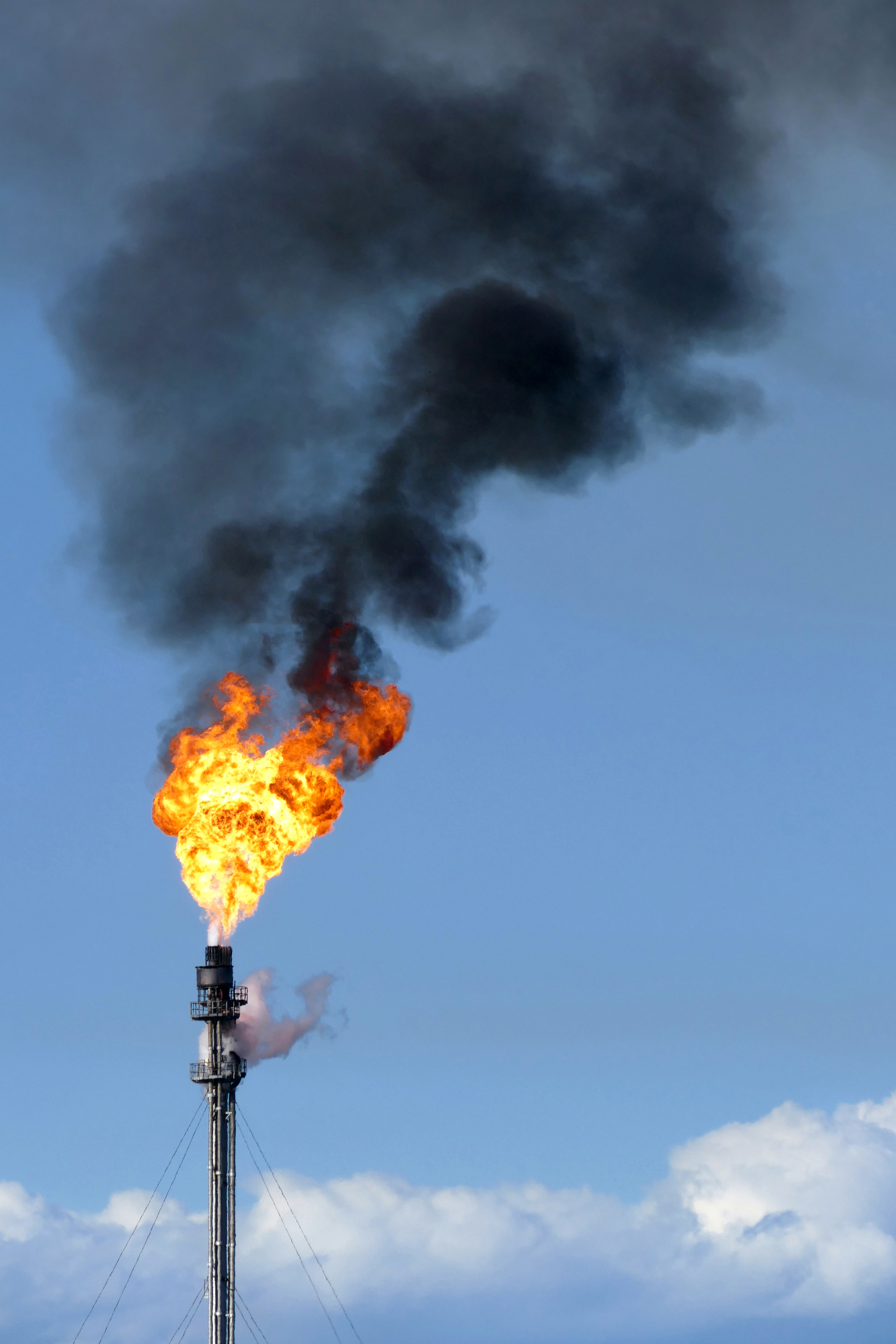
Even as oil plummets to negative prices and a glut in the oil market continues to burgeon, and the Texas Railroad Commission (RRC) discusses “proration” -- cuts in oil production to stabilize prices -- the RRC is still granting requests from Texas companies for exceptions to Statewide Rule 32, which states that gas must be used or sold, not flared off.
While the world was watching Texas for what they would do about oil production, the RRC delayed a decision on proration until at least May 5 and voted to continue to allow oil and gas producers to pollute and waste their product. Many industrial voices and environmental organizations had called on the Commission not to allow companies to operate if they were flaring off excess gas, which would also have the effect of cutting down production.
There were 16 requests by oil and gas companies to continue their flaring on the RRC’s April 21 agenda. Under Statewide Rule 32, all of these companies had been flaring through an initial administrative six-month allowance, and were now coming to extend that permission for up to three more years off burning off gas, polluting the air, and exacerbating climate change. Improperly burning flares, unlit flares, and emissions from fugitive emissions lead to billions of metric tons of methane and other pollutants being released into the atmosphere.
RRC’s present policy is to administratively grant any company’s request to flare, as long as they file the correct paperwork. Then after a few months, the company asks for a formal “exception” permit to be able to flare up to six times its worst day of flaring amount every month.
At today’s hearing, the Sierra Club asked the Commission through a written statement to delay making decisions on these exceptions, and instead begin a stakeholder process on reforming its present practices and rules, and work with the Texas Commission on Environmental Quality (TCEQ) on a long-term flaring and gas capture rule.
“The Commission has put in place a reckless policy whereby oil and gas companies are allowed to flare -- often taking a worst case scenario so they can pollute as much as possible -- with the right paperwork, instead of what the policy should be: no flaring except where it is necessary for safety or unique circumstances,” said Cyrus Reed, Conservation Director and Interim Director of the Lone Star Chapter of Sierra Club. “The Commission must use the ‘waste-not’ approach, and require companies to either capture well gas or simply stop producing.”
Sierra Club provided written comments about the first two exception applications on the Commission’s agenda: Rio Oil and Gas’s application (OG-19-0001727) for four flaring stacks on four gas wells in the Wolfcamp Field in Reeves County, and the same company’s separate application (OG-19-0001732) for another four gas wells. All told, the exceptions allow the oil and gas producers to flare up to 113,100 million cubic feet per month of gas in the first application and up to 65,500 million cubic feet per month of gas in the second. Under these particular applications, the West Texas drilling is allowed to flare the gas on all 8 gas wells through July 23, 2021. Importantly, these wells are not just flaring casing head gas, but the actual gas itself.
Last year, the Commission granted over 6,000 exceptions to Statewide Rule 32, and that number seems to increase every year. A recent report commissioned by Commissioner Ryan Sitton found that over 650,000 Mcf/d of gas was flared off in 2018. Despite the Sierra Club’s comments, the Commission approved all 16 applications to flare with no changes from staff orders.